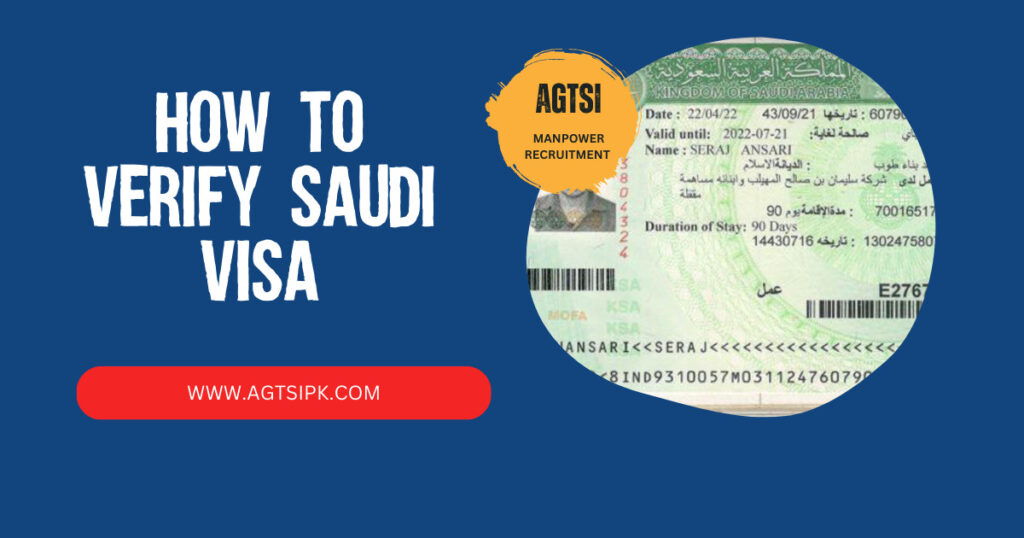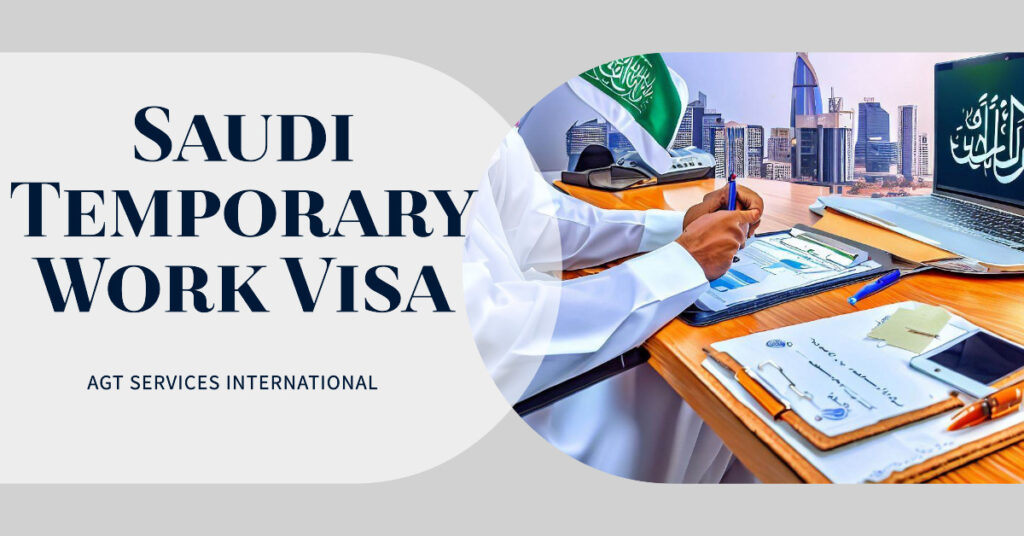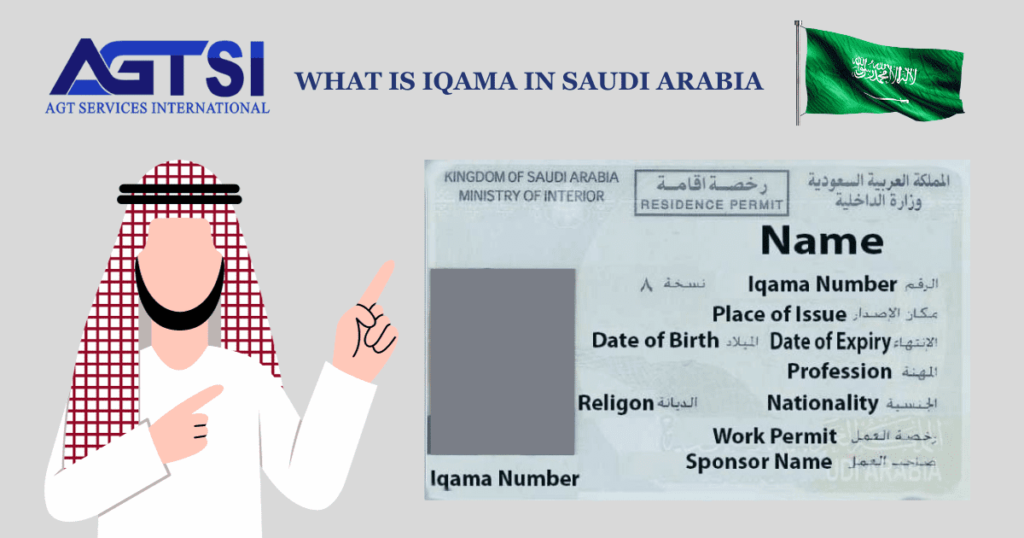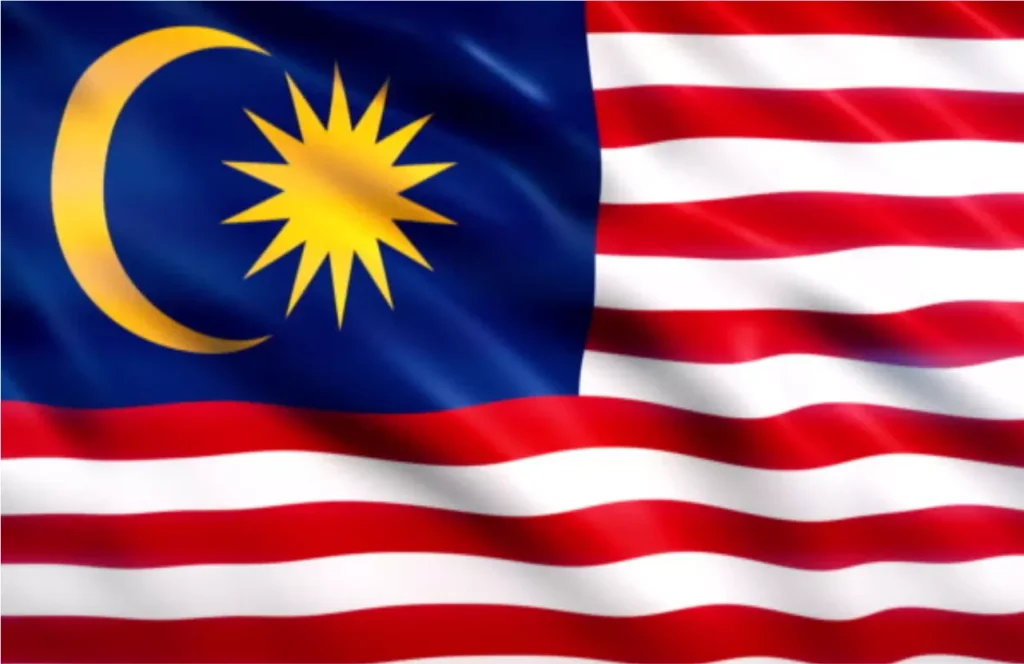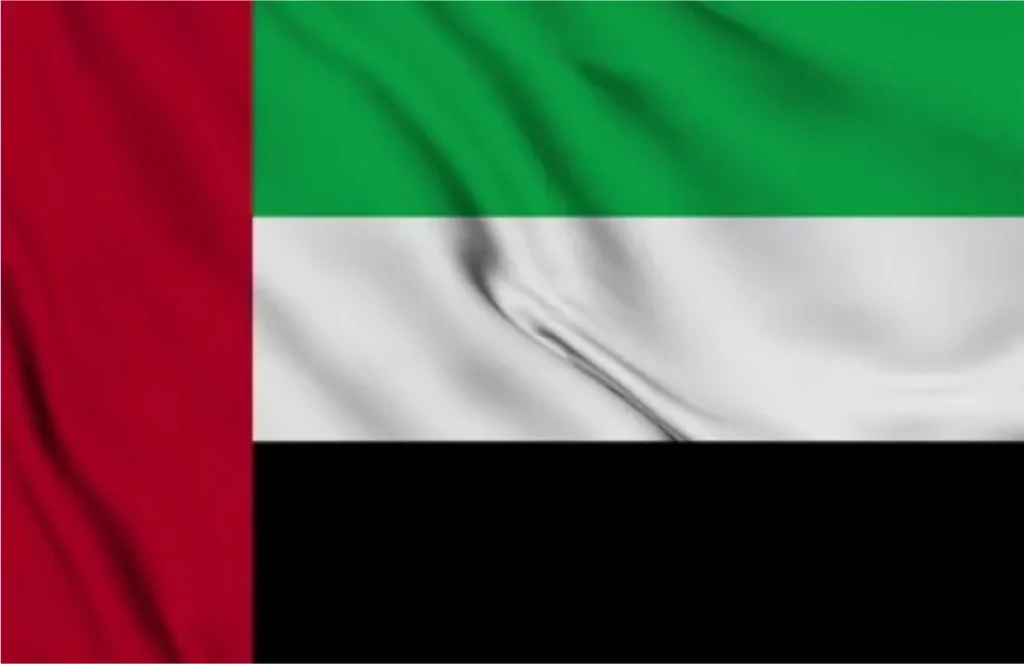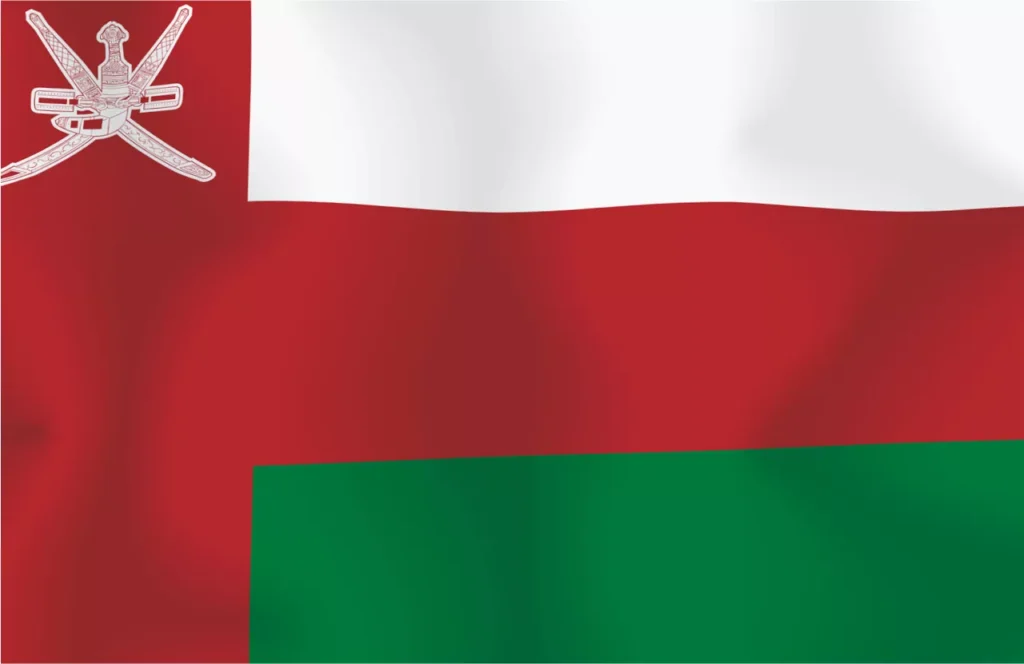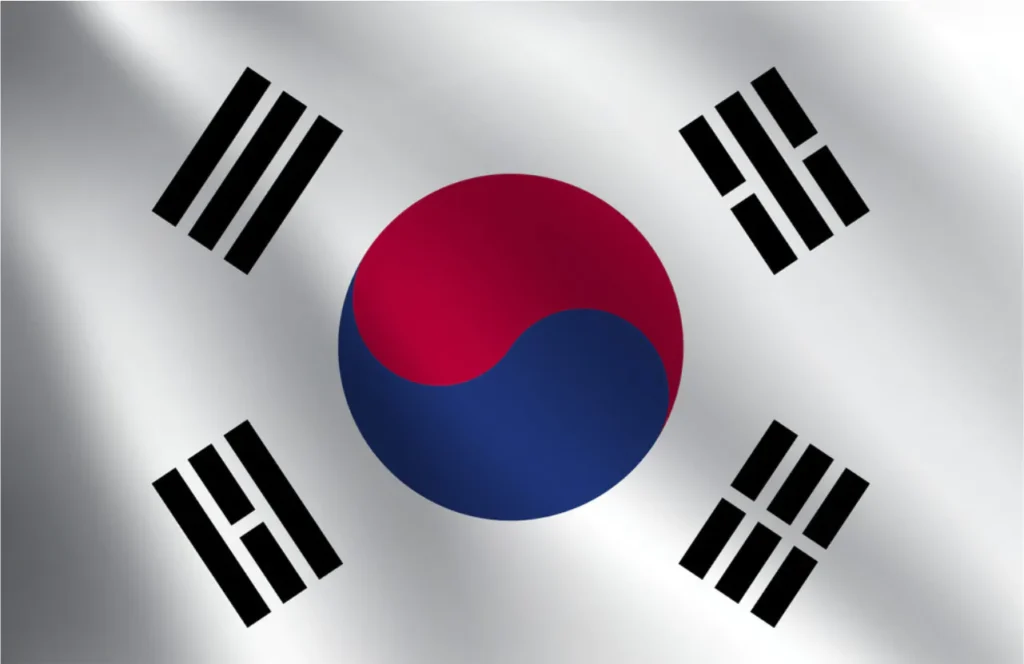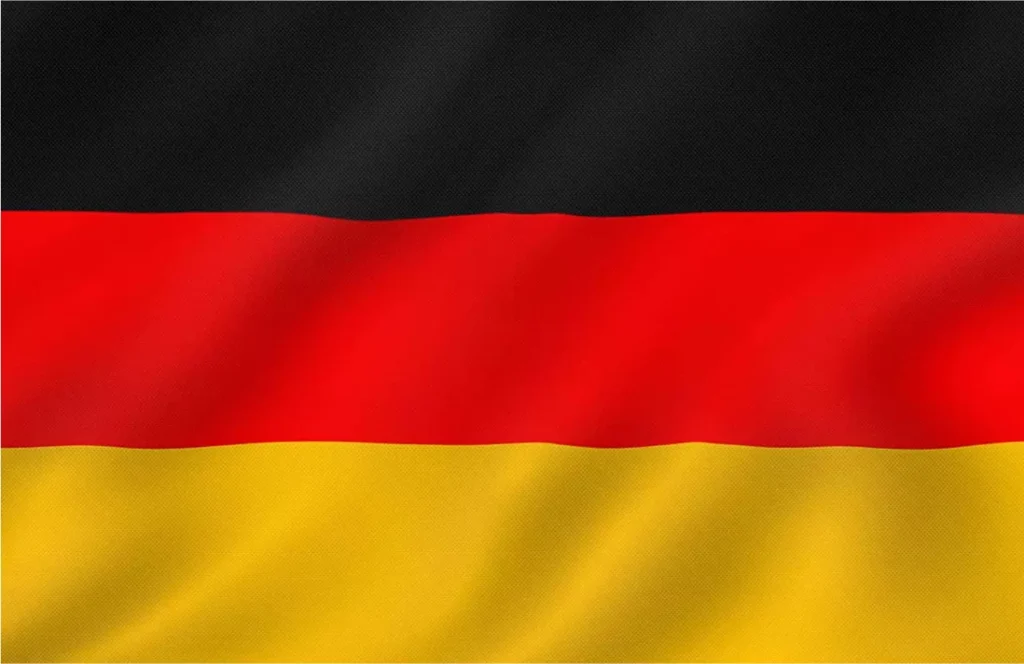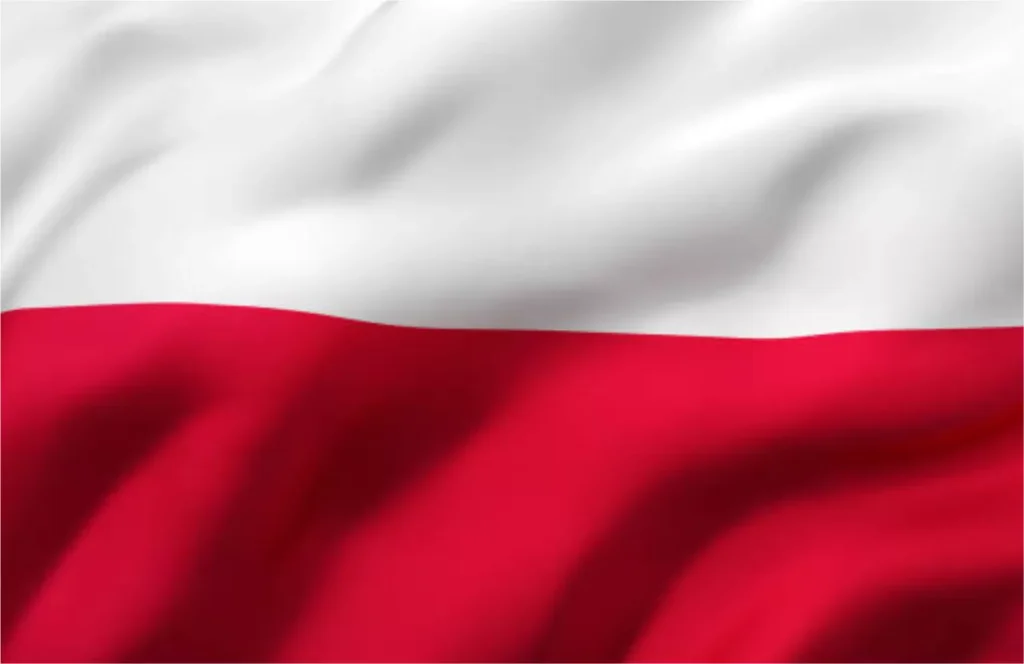Introduction
Embark on an exciting journey to discover the Gulf Cooperation Council (GCC), where politics, economics, and alliances come together to shape the Middle East. Learn about how this alliance started, how it’s organized, and its important role in bringing its member countries together. From economic partnerships to keeping the region safe, we’ll explore the different aspects of the GCC.
This adventure will help you understand its history, what it’s like now, and the interesting things that might happen in the future. Come along as we explore the world of regional diplomacy, international cooperation, and the special connections with India that make the GCC’s future so fascinating!
What is GCC? (Gulf Cooperation Council)
Gulf Cooperation Council (GCC), a 1981 alliance uniting Saudi Arabia, Kuwait, the UAE, Qatar, Bahrain, and Oman. Beyond politics and economics, the GCC strives for unity based on shared goals and cultural ties rooted in Arab and Islamic traditions.
The organization focuses on coordination and cooperation in various fields, including economy , trade, security, and culture. Key structures include the Supreme Council, Ministerial Council, and Secretariat General. The GCC has played a role in regional economic growth, security coordination, and addressing shared challenges.
List of GCC Countries:
The Gulf Cooperation Council (GCC) comprises the following countries:

- Saudi Arabia
- Kuwait
- United Arab Emirates (UAE)
- Qatar
- Bahrain
- Oman
Background and Objectives of the GCC
The genesis of the GCC lies in a foundational agreement inked on May 25, 1981, reflecting the special relations, geographic proximity, and similar political systems grounded in Islamic beliefs among its member states. Covering an expansive area of 2,672,700 sq.km, with Arabic as its official language, the GCC Charter outlines fundamental objectives.
These involve bringing together, integrating, and interlinking member states in a variety of areas. This includes aspects like the economy, finance, trade, customs, tourism, legislation, administration, scientific and technical advancements, industry, mining, agriculture, and beyond.
Notably, the GCC extends its influence beyond its immediate borders, with member states and Yemen also being part of the Greater Arab Free Trade Area (GAFTA). Recent developments indicate a potential expansion, with Morocco and Jordan expressing interest in GCC membership, currently under review by the GCC Expert Committee.
Organizational Structure of the GCC (Gulf Cooperation Council)
Understanding the GCC’s intricate structure is pivotal to grasp its functioning.At the heart of its structure, you’ll find the Supreme Council, the Ministerial Council, and the Secretariat General—core elements that intricately weave the fabric of the organization. The Supreme Council, the highest authority, convenes annually with rotating chairmanship and unanimous decisions.
The Ministerial Council, composed of foreign ministers, convenes every three months, focusing on policy development and implementation. The Secretariat General serves as the administrative arm, facilitating policy implementation, arranging meetings, and monitoring progress.
GCC Agreements: Security and Economic Coordination
The GCC’s agreements predominantly center around security and economic coordination. The establishment of the Peninsula Shield Force in 1984 and the signing of an intelligence-sharing pact in 2004 exemplify the organization’s commitment to security. Economic endeavors, including attempts at economic union and a regional currency akin to the euro, have seen varied success. Noteworthy achievements include a customs union in 2015 and the introduction of a 5 percent value-added tax in 2018.
Dynamic Shifts in Membership and Regional Relationships
While the GCC’s membership has remained stable over the years, changes in regional dynamics have fueled speculation about potential shifts. The invitation extended to Jordan and Morocco in 2011, amid the Arab Spring uprisings, hinted at expansion possibilities. However, internal disagreements delayed Jordan’s application, showcasing the delicate balance of interests within the GCC. Conflicting interests also manifested in the 2017 blockade against Qatar, emphasizing the intricacies of regional relationships.
GCC Summit Meetings: Shaping Regional Policy
The significance of GCC Summit Meetings cannot be overstated. In the enchanting setting of the 33rd GCC Summit held in Bahrain and gracefully presided over by the esteemed His Majesty King Hamad bin Isa Al Khalifa, a compelling exploration unfolded. This summit delved into the intriguing concept of transitioning from mere cooperation to a deeper union, a visionary idea initially put forth by the venerable Saudi King Abdullah during the preceding 32nd GCC Summit. The subsequent 34th GCC Summit, hosted by Kuwait, is poised to further shape regional policies.
GCC Monetary Union: Navigating Economic Realities
The journey toward a GCC Monetary Union has witnessed twists, with Saudi Arabia, Kuwait, Qatar, and Bahrain ratifying the union, while Oman and the UAE opted out. The establishment of a Joint Monetary Council (JMC) and the selection of Riyadh as the location for the future central bank underscore the long-term goal of a single currency. However, the realization of this vision hinges on economic and fiscal policies, emphasizing the GCC’s commitment to gradual and effective regional integration.
India and GCC: Strengthening Bilateral Ties
The GCC holds immense significance for India, given its proximity and shared interests. As the GCC countries forge ahead with economic integration, India stands as a key trading partner and potential investment ally. The robust economic ties, marked by significant oil imports, underscore the mutual benefits of this strategic relationship. With approximately 6 million Indian workers in the GCC region, the ties extend beyond economics to encompass a vibrant expatriate community.
Economic and Commercial Relations: A Symbiotic Partnership
India’s economic relations with the GCC have evolved into a symbiotic partnership, driven by historical ties, increasing oil imports, and growing trade and investment opportunities. The bilateral two-way trade has witnessed substantial growth, reaching USD 145.72 billion during the 2011-12 period. Key figures highlight the economic collaboration, with the UAE, Saudi Arabia, and other GCC states playing pivotal roles in India’s trade landscape.
Strategic Relations: Shared Goals for Stability and Security
In realms beyond the economic tapestry, India and the GCC are bound by a strategic partnership anchored in a collective aspiration for regional political stability and security. This united vision manifests through collaborative endeavors aimed at fostering peace, security, and stability across the Gulf and South Asia. As the GCC undergoes transformative changes, the scope for cooperation widens, encompassing investments, trade, commerce, and security.
India-GCC Industrial Conference and FTA: Nurturing Economic Ties
The periodic India-GCC Industrial Conferences serve as platforms for fostering economic ties. The upcoming 4th GCC-India Industrial Conference, a testament to this commitment, will further solidify economic cooperation. Additionally, the India-GCC Free Trade Agreement (FTA) signed in 2004 underscores the joint commitment to enhancing economic collaboration, with talks ongoing to finalize aspects like tariff rules and rules of origin.
India-GCC Political Dialogue: A Diplomatic Milestone
The India-GCC Political Dialogue, initiated in 2003, represents a diplomatic milestone. This dialogue, covering issues like Iraq, Middle East dynamics, terrorism, UN reforms, and multilateralism, highlights the shared concerns and aspirations of India and the GCC. The dialogue has evolved over the years, with the 6th Round in 2011 discussing a range of issues, further solidifying diplomatic ties.
Conclusion: Navigating the Future of GCC Relations
In conclusion, this comprehensive guide illuminates the multifaceted nature of the Gulf Cooperation Council, spanning political, economic, and strategic dimensions. As the GCC continues to evolve, navigating regional dynamics and fostering international collaborations remain paramount. The intricate balance of unity, cooperation, and shared objectives defines the essence of the GCC, making it a pivotal player in the geopolitics of the Middle East.



